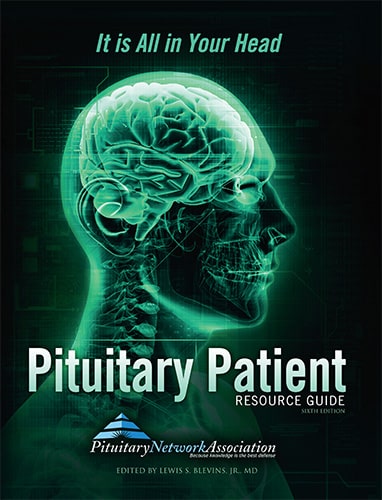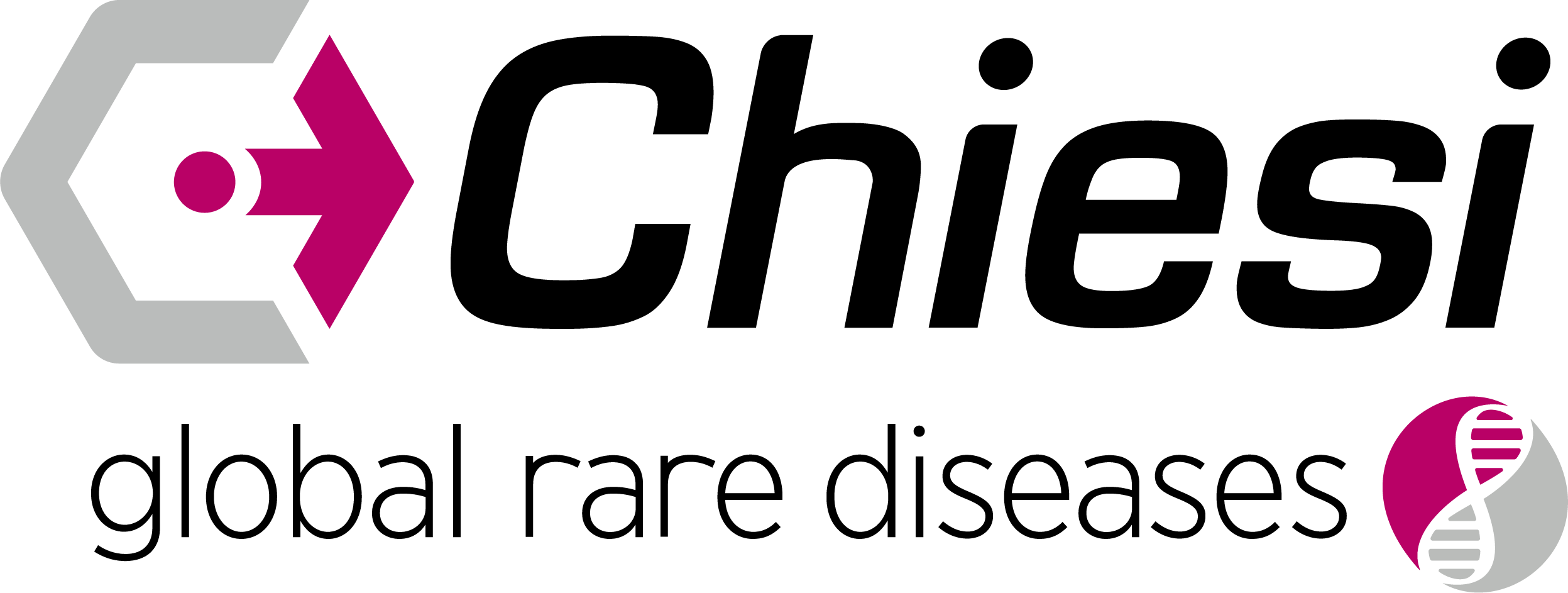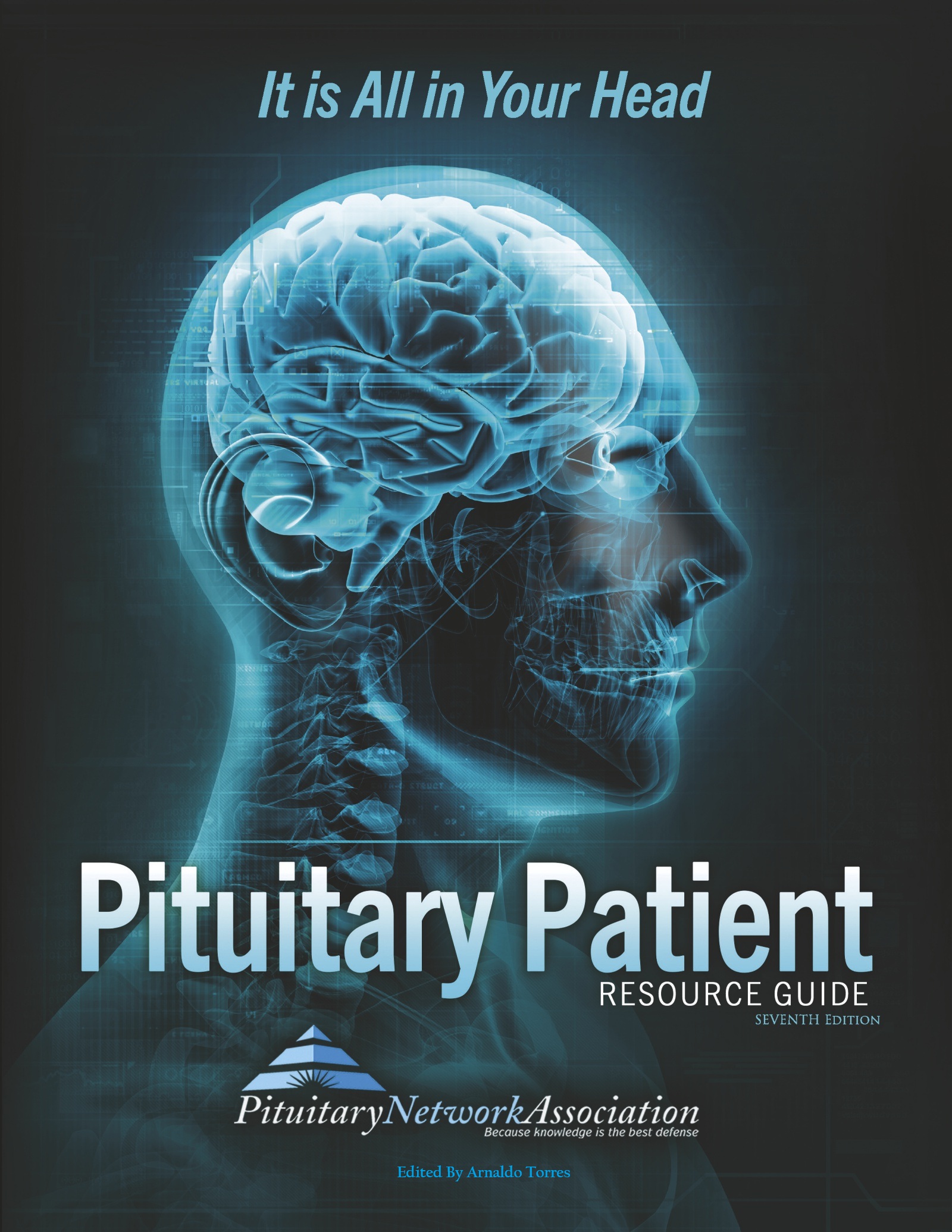News Articles February 2022
Written on 04 February 2022.
HCG/HMG Therapy
Human Chorionic Gonadotropin / Human Menopausal Gonadotropin therapy.
A type of treatment on offer to hypogonadal patients who wish to become fertile.
HDL
High-density lipoproteins.
High density lipoproteins (HDL): the “good” cholesterol. HDL carry cholesterol in the blood from other parts of the body back to the liver, which leads to its removal from the body. So HDL help keep cholesterol from building up in the walls of the arteries.
For adults, the HDL-Cholesterol Levels are measured to determine possible health risks. Less than 40 mg/dL indicates a major risk factor for heart disease; where an HDL of 60 mg/dL and above is considered protective against heart disease.
Hemianopsia
Loss of one half of the field of vision (the area that can be seen by each eye when staring straight ahead).
Can occur in isolation or affecting both eyes. The most common form of vision loss due to pituitary tumors is loss of the outer half of vision in both eyes.
Hereditary
Transferred via genes from parent to child. Also called genetic.
Transmitted from parent to child by information contained in the genes.
Herniation
Bulging of tissue through an opening in a membrane, muscle or bone.
A protrusion of an organ or part through connective tissue or through a wall of the cavity in which it is normally enclosed — called also rupture.
A brain herniation is the displacement of brain tissue, cerebrospinal fluid, and blood vessels outside their normal structures in the head. A brain herniation can occur through a natural opening at the base of the skull (known as the foramen occipitalis) or through surgical openings. Herniation can occur between compartments inside the skull, such as those separated by a rigid membrane called the “tentorium”. A brain herniation occurs when pressure inside the skull (intracranial pressure) increases and displaces brain tissues. This is commonly the result of brain swelling from a head injury, or space-occupying lesions such as primary brain tumor, metastatic brain tumor, and hemorrhages or strokes that produce swelling within the brain. Hydrocephalus (accumulation of fluid in the brain) can also lead to brain herniation. A brain herniation often causes a massive stroke. This results from poor blood supply to some areas of the brain and compression of vital structures that regulate your breathing and circulation. This can rapidly lead to death or brain death.
Heterogeneous
Composed of varied cell types.
Made up of elements or ingredients that are not alike.
HMG
The Human Menopausal Gonadotropin
Human Menopausal Gonadotropin; derived from the urine of post-menopausal women, hMG not only contains LH but also FSH.
Homogeneous
Composed of identical cell types.
Of uniform composition or structure.
Hormone (Adj. Hormonal)
A chemical “messenger” which is made and secreted by an endocrine gland and which targets one or more parts of the body, modifying its structure or changing the way it works.
Hormones are chemical substances having a specific regulatory effect on the activity of a certain organ or organs, especially substances secreted by various endocrine glands and transported in the bloodstream to the target organs. Hormones are your body’s chemical messengers that travel in your bloodstream to tissues or organs. They affect the body’s processes such as growth and development, metabolism, sexual function, reproduction, and mood. Hormones are produced by endocrine glands. The major endocrine glands are the pituitary, pineal, thymus, thyroid, adrenal glands and pancreas. Men will produce also hormones within the testes and women produce hormones in the ovaries. Hormone balance is regulated by the pituitary. Tiny shifts cause large changes to cells or throughout the entire body. Hormone levels are measured in your blood, urine or saliva.
Hormone Replacement Therapy
The name given to a form of treatment in which missing or deficient hormones can be replaced, the body being encouraged to behave normally as if it were making the hormones naturally.
Doses are designed to mimic normal blood levels and vary depending on the patient.
Available Now!

The Pituitary Patient Resource Guide Sixth Edition is now available! Be one of the first to have the most up-to-date information. The Pituitary Patient Resource Guide a one of a kind publication intended as an invaluable source of information not only for patients but also their families, physicians, and all health care providers. It contains information on symptoms, proper testing, how to get a diagnosis, and the treatment options that are available. It also includes Pituitary Network Association's patient resource listings for expert medical care.

Xeris Pharmaceuticals is valued member of the PNA










